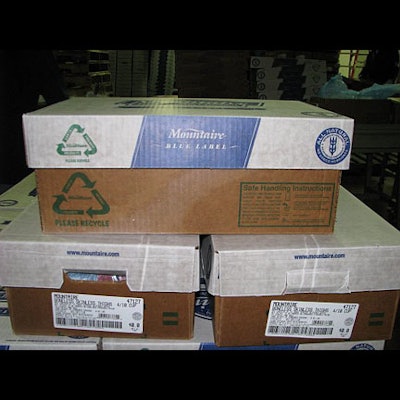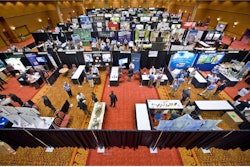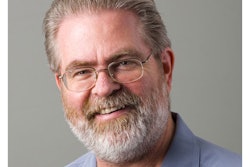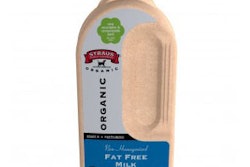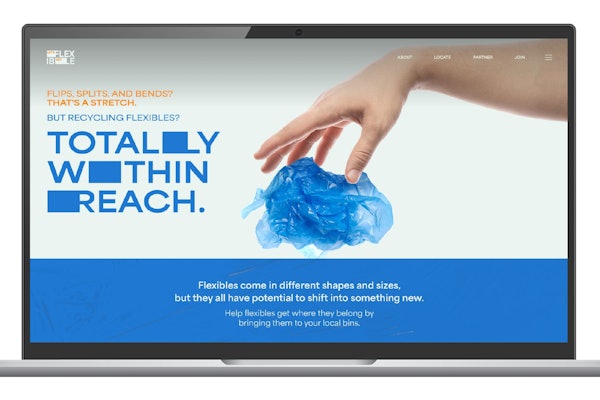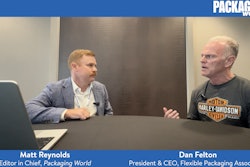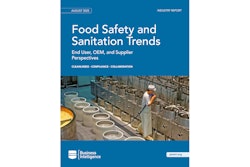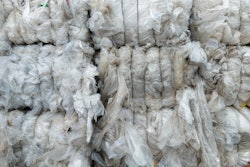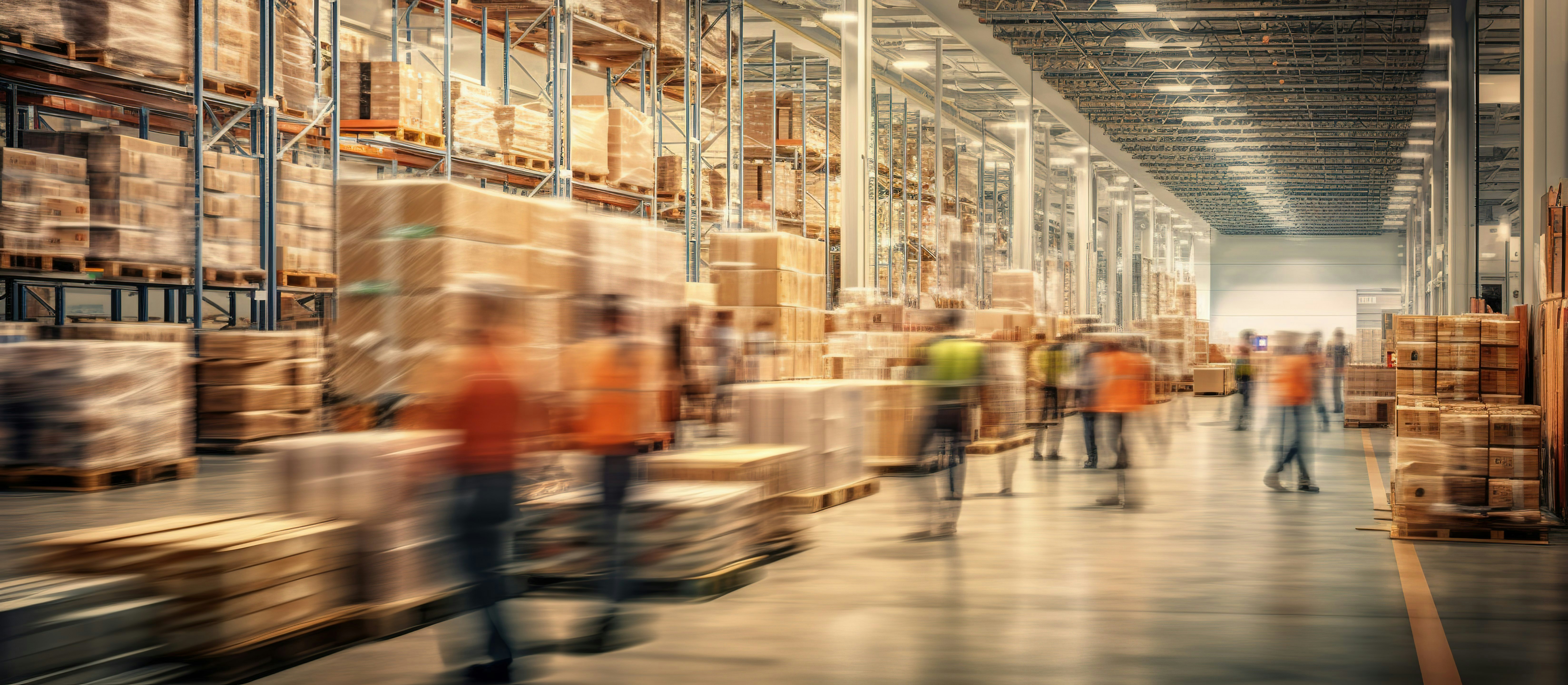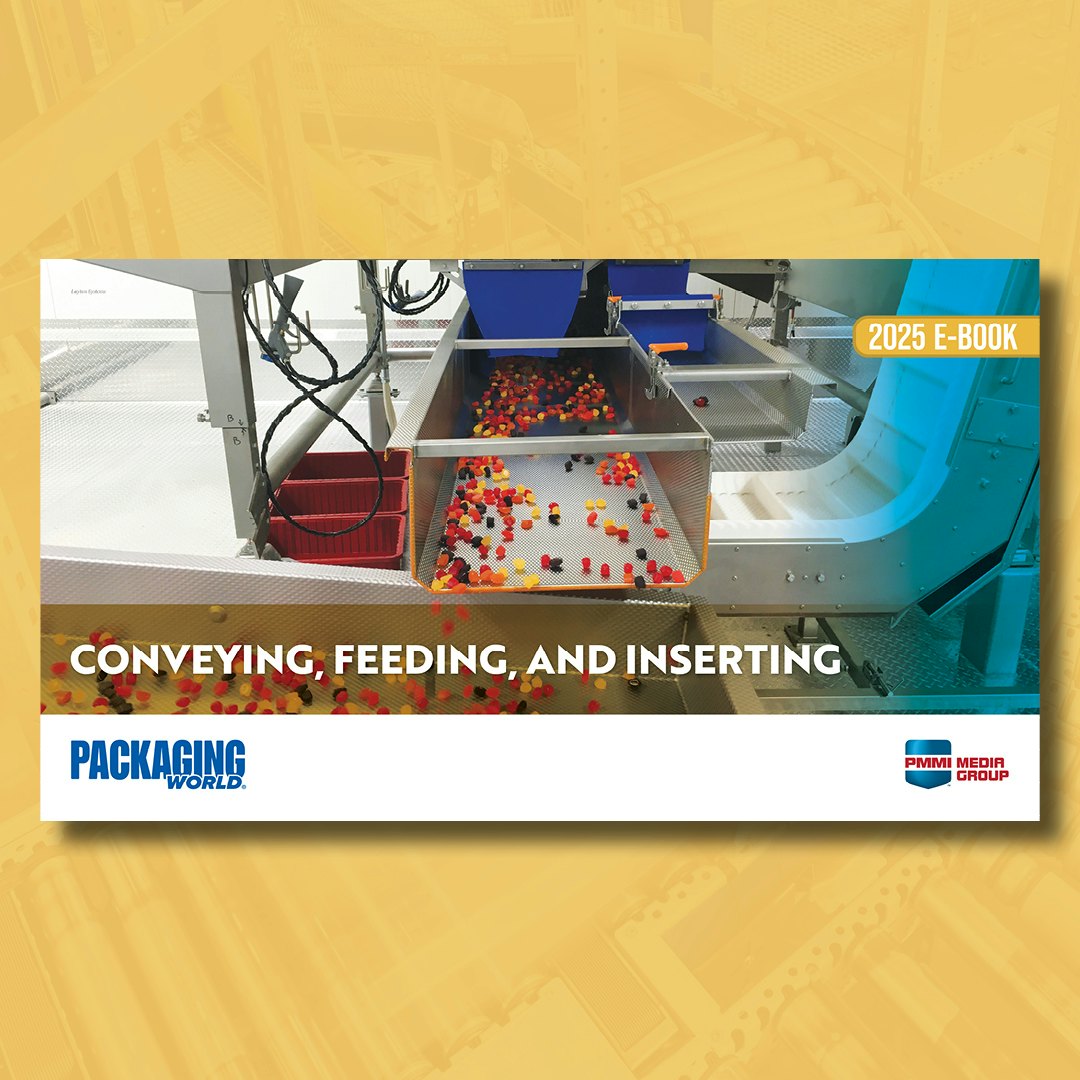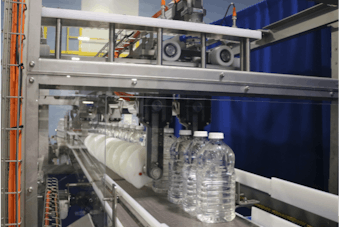Global Green USA’s Coalition for Resource Recovery (CORR), Mountaire Farms, and Interstate Container have completed the conversion of the largest poultry plant in the U.S. in Lumber Bridge, NC, to recyclable, wax-alternative boxes, thereby reducing costs and environmental impact, and assisting its customers in cost-effectively meeting their environmental goals.
Says CORR director Annie White, “Converting to transfer packaging certified as recyclable by the Fibre Box Association [FBA], is a readily achievable step that industry and businesses can take to improve their environmental performance, enhance their service to customers, and improve their bottom line. Through dedication and perseverance, Interstate Container and Mountaire developed a cost-effective, high-performing offering that enhances service to its customers. Global Green calls on others in the poultry, meat, produce, and seafood industries, to develop solutions for all food and packaging types, rapidly accelerating their use.”
In March 2009, Interstate and Mountaire Farms announced its plans to conduct trials of recyclable modified atmosphere packaging through Hunt’s Point, the world’s largest food distribution center, located in New York City. The trials were part of CORR’s initiative to achieve 100% recyclable wholesale transfer packaging through the facility. Trials began pallet-by-pallet through Hunt’s Point’s harsh conditions and progressed to the truckload, and finally to a two-week test where Mountaire product shipped solely in the FBA-certified recyclable boxes.
Upon successful completion of the pilot in September 2009, Mountaire announced its plan to not only convert its existing MAP packaging to recyclable boxes, but also convert its ice-packed product to MAP to allow for a full transition of its entire product line to recyclable boxes. The full conversion of Mountaire’s first facility and the largest poultry plant in the U.S., located in Lumber Bridge, was completed in January.
According to Interstate national account manager Pete Bugas, “This is a first truly significant step toward replacing high-performance wax boxes throughout the difficult fresh-food distribution channels. These boxes must withstand an extremely wet and challenging environment. Meeting the protocol criteria set forth by the FBA is a crucial step, and satisfying the rigors of the distribution channel in New York City is equally as tough. Ultimately, this fiber can now be recaptured instead of heading to a landfill where wax boxes are discarded. Interstate’s continuous environmental stewardship efforts remain a key part of our corporation’s DNA.”
Calculating the benefits
The switch to FBA-certified recyclable packaging is only one component of the sustainable packaging transition. The switch in packaging methods from ice-packed poultry to MAP packaging will result in significant water and energy savings, CORR relates.
The box size was reduced, and all wax was eliminated from the box, reducing the use of corrugated and petroleum products. If all of the newly designed boxes were recycled, the greenhouse gas benefit from source reduction and recycling the boxes would be 100,000 metric tons of CO2 emissions annually. That’s according to calculations using the U.S. Environmental Protection Agency’s WAste Reduction Model (WARM) tool. This savings assumes that 100% of the boxes generated are recycled.
In addition, the switch from ice-packed poultry to MAP is estimated to save millions of gallons of water annually. Combined, these innovations also improve efficiency, streamline operations, and provide a safer work environment, says CORR.
Larry Saywell, Mountaire’s vice president of marketing and sales, says, “Mountaire Farms is an agricultural company, and we are heavily dependent upon the earth’s natural resources for the continued success of our business. This project maintains and conserves these natural resources and is consistent with our company’s ‘way of being.’ We fully recognize the positive impact of this project’s success on the futures of our people, our farmers, our suppliers, our community, and our business.”
It is estimated that 1.5 million tons of non-recyclable wax-coated corrugated boxes are discarded in the U.S. each year. If coated corrugated boxes were designed for recycling and then were recycled, a greenhouse gas savings of 5 million mtCO2e, equivalent to removing 1 million passenger vehicles from the road, would be realized, and U.S. grocers and restaurateurs could save $63 million annually in avoided disposal fees.
(According to the U.S. EPA Municipal Solid Waste Facts and Figures, 31 million tons of old corrugated containers [OCC] is discarded each year. The FBA estimates that 5% of OCC is wax-coated. EPA WARM Tool and Greenhouse Gas Equivalencies Calculator were used to calculate potential greenhouse gas savings. National restaurateur and grocers savings are based on a national average tipping fee of $42.08 based on the 2006 data in BioCycle’s “State of Garbage” report.)
"To be competitive in today's world economy, our goal must be the sustainable use of materials," says Matt Hale, director of the U.S. EPA’s Office of Resource Conservation and Recovery. "Producing materials that can be recovered and reused at end of life helps us achieve this goal."
